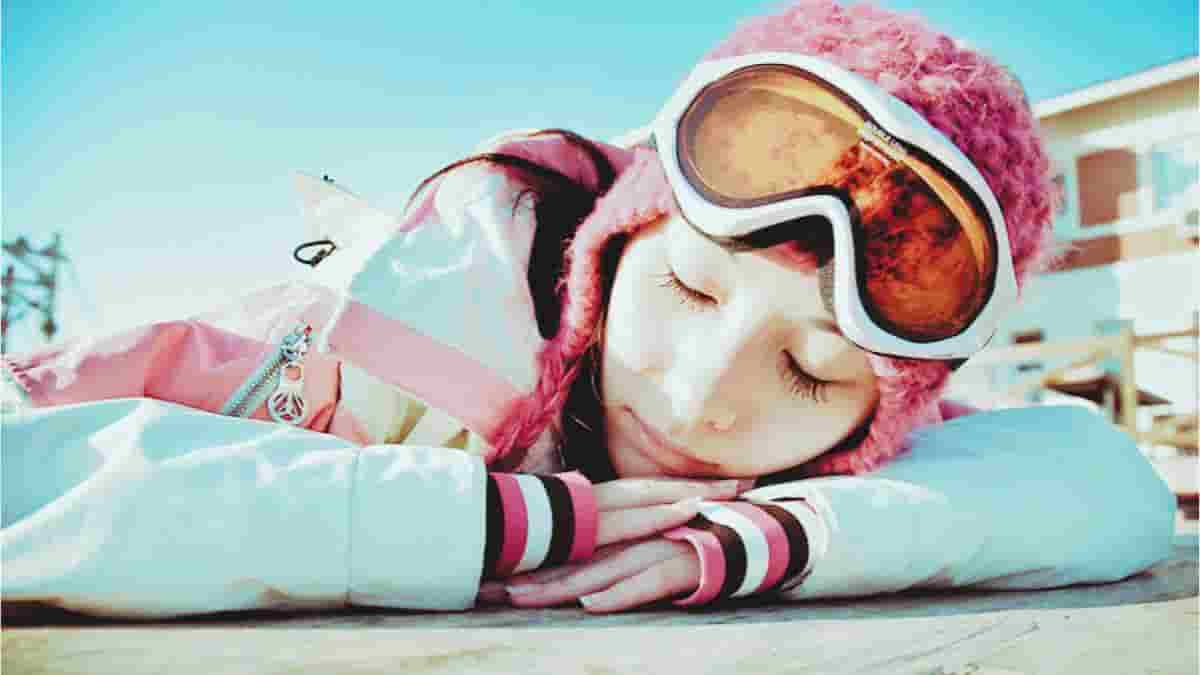The sun controls our body clocks, whether we are night owls or morning people. In theory, changes in day length and light exposure throughout the year could affect the duration and quality of our sleep. However, determining how this applies in practice is difficult.
Even though self-report studies have shown that people sleep longer in the winter, objective measurements are needed to determine how the seasons affect sleep. Scientists studying sleep problems have now published data from a retrospective observational study demonstrating that humans have longer REM sleep in winter than in summer and less deep sleep in autumn, even in an urban population with disrupted sleep.
“Possibly one of the most precious achievements in human evolution is an almost invisibility of seasonality on the behavioral level. In our study we show that human sleep architecture varies substantially across seasons in an adult population living in an urban environment,”
said the corresponding author Dr. Dieter Kunz of the Clinic of Sleep & Chronomedicine at the St Hedwig Hospital, Berlin.
Insomnia at End of the Year
A team of researchers under the direction of Ms. Aileen Seidler recruited 292 patients who had undergone polysomnography, a type of sleep study, at the St. Hedwig Hospital.
These studies are frequently conducted on patients with sleep-related issues using a specialized laboratory where patients are asked to fall asleep naturally without an alarm clock, and the length, type, and quality of their sleep can be tracked. This creates a sizable study group evenly distributed throughout the year, allowing for the investigation of month-to-month variations despite the sleep disorders’ potential to affect the outcomes.
Patients taking sleep-related medications, technical difficulties with the polysomnography, and REM sleep latency longer than 120 minutes — signs that the first REM sleep episode may have been skipped — were all excluded. After these exclusions were made, 188 patients were still present.
Most of their diagnoses didn’t change with the seasons, but insomnia was more common as the end of the year got closer.
30 Minutes More REM Sleep
The patients were located in an urban environment with little exposure to natural light and significant light pollution, which should have an impact on any seasonality controlled by light. Nevertheless, the researchers discovered small but significant variations across the seasons.
The difference in total sleep time between the winter and summer seemed to be about an hour, but this finding was not statistically significant.
On the other hand, REM sleep lasted 30 minutes longer in the winter than in the summer. The circadian clock, which is affected by changing light, is known to be directly linked to REM sleep.
Why should you care about all this? Rapid-eye-movement sleep, the phase during which we dream, has been shown to play a role in memory formation. Less sleep in later life can raise your risk for many diseases. And according to other research, poor sleep may also increase the risk of Alzheimer’s disease.
Although the team acknowledged that these findings would need to be validated in a population with no sleep problems, the seasonal changes may be even more pronounced in a healthy population.
“This study needs to be replicated in a large cohort of healthy subjects,”
Kunz noted.
Running on Empty
Although most people’s waking time is currently out of their control due to school or work schedules, society may benefit from accommodations that allow humans to respond to changing seasons more effectively. Meanwhile, going to bed earlier in the winter may help to accommodate human seasonality.
“Seasonality is ubiquitous in any living being on this planet. Even though we still perform unchanged, over the winter human physiology is down-regulated, with a sensation of ‘running-on-empty’ in February or March. In general, societies need to adjust sleep habits, including length and timing to season, or adjust school and working schedules to seasonal sleep needs,”
said Kunz.
Recent studies have shown that the hospitality and real estate industries have the highest rates of mental health problems like depression, so people working in those sectors should be particularly mindful of getting more sleep in the winter.
Reference:
- A. Seidler, K.S. Weihrich, F. Bes, J. de Zeeuw and D. Kunz. Seasonality of Human Sleep: Polysomnographic Data of a Neuropsychiatric Sleep Clinic. Front. Neurosci. Volume 17, 2023, doi: 10.3389/fnins.2023.1105233
